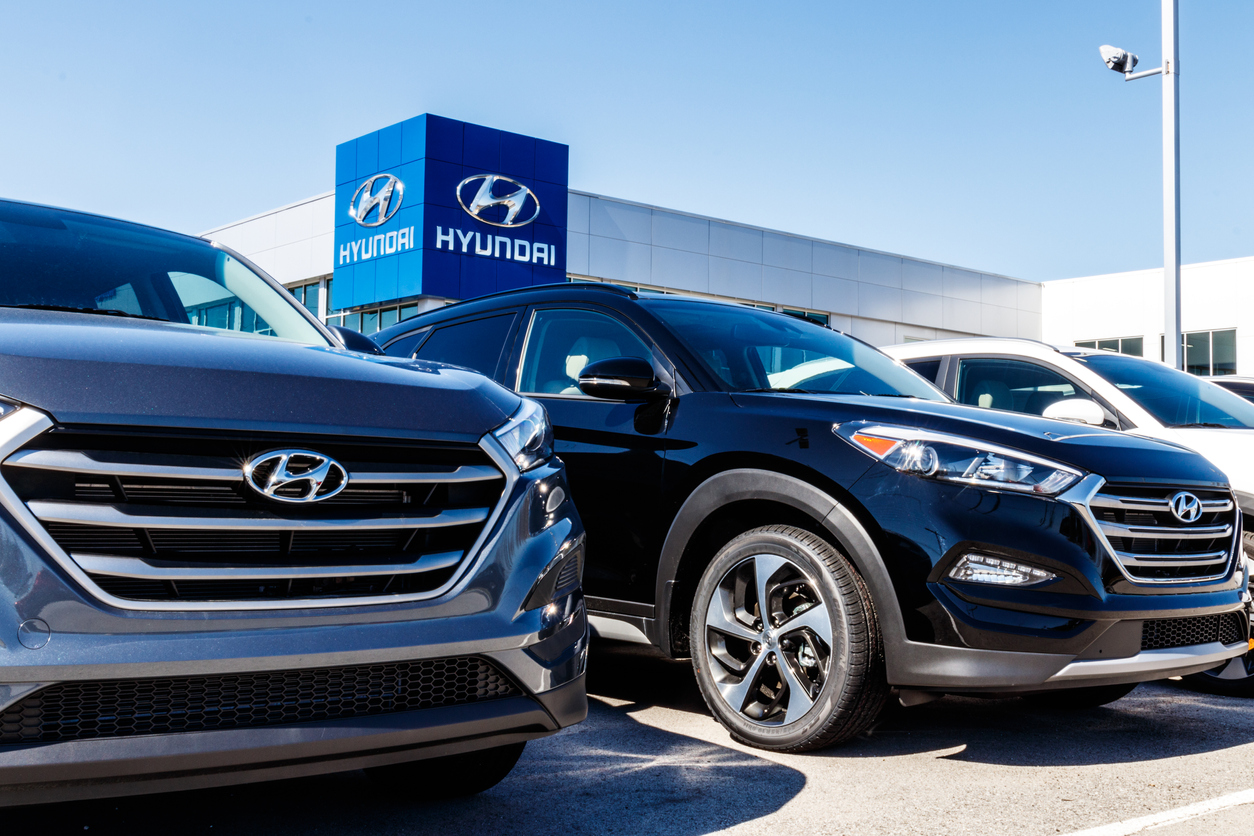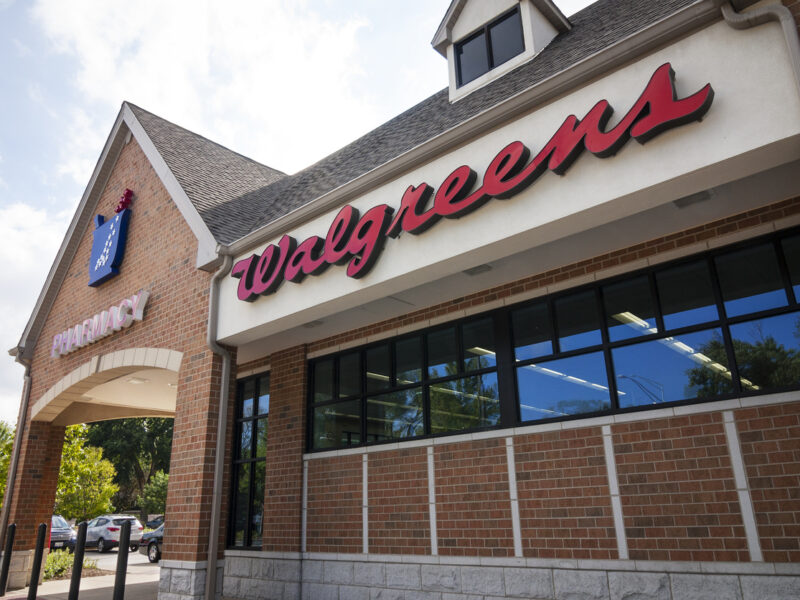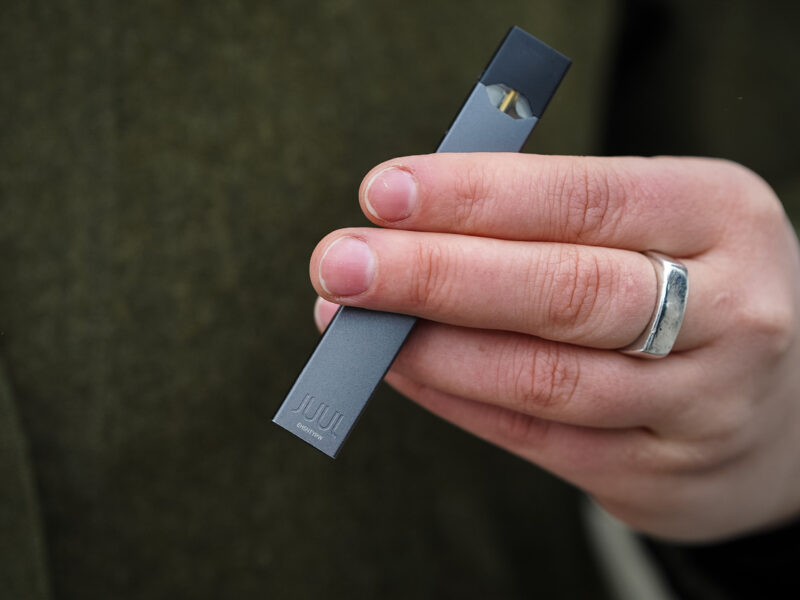In a class-action lawsuit settlement, Hyundai and Kia have agreed to pay $200 million to compensate approximately 9 million individuals for their losses following a social media trend in 2022 that revealed the ease of stealing certain car models.
According to Reuters, $145 million of the settlement will go towards reimbursing the out-of-pocket expenses of individuals whose cars were stolen. Many Kia vehicles manufactured between 2011 and 2021, as well as Hyundai vehicles from 2015 to 2021, lacked electronic engine immobilizers. These immobilizers prevent a car from starting unless an electronically matched key is present. Thieves discovered that the ignition could be turned with other objects, such as a USB-A cable, which perfectly fit and allowed them to start the vehicles.
Customers whose stolen cars were deemed total losses may be eligible for compensation of up to $6,125. Those with damaged vehicles and property can receive a maximum of $3,375, which covers costs such as increased insurance, car rental, towing, and tickets. Kia and Hyundai had previously committed to providing free software upgrades and wheel locks (such as The Club) in collaboration with local police departments. Since November 2022, the companies have distributed 26,000 wheel locks, as reported by the National Highway Traffic Safety Administration.
In a September 2022 report, the Insurance Institute for Highway Safety (IIHS) revealed that 96 percent of cars sold in the US by 2015 were equipped with immobilizers, whereas only 26 percent of Kias and Hyundais had them. The IIHS found that cars with immobilizers were stolen at a rate of 1.21 per 1,000 insured vehicles, while those without immobilizers had a rate of 2.18 per 1,000.
The significance of Kia and Hyundai’s cost-saving design choices became apparent with the emergence of the “Kia Challenge,” a TikTok trend in 2022 that showcased theft techniques and joyrides. By February 2023, the National Highway Traffic Safety Administration linked 14 crashes and eight fatalities to thefts inspired by the challenge.
Although there is no nationwide count of joyrides instigated by social media, individual cities reported significant increases in thefts of certain Kia and Hyundai models. For example, Buffalo, New York, witnessed a 500 percent rise in Kia thefts from 2020 to 2022, while Philadelphia experienced a 400 percent increase in Hyundai thefts and a 700 percent increase in Kia thefts from 2019 to 2022.
Prior to this settlement, cities like Seattle, Baltimore, and Columbus, Ohio, filed lawsuits against Kia and Hyundai. Seventeen states’ attorneys general and the District of Columbia urged the National Highway Traffic Safety Administration to issue a mandatory recall for vehicles lacking immobilizers.
Both automakers have been slow to address the issue and demonstrate empathy towards affected customers. Initially, they planned to charge customers $170 for security kit upgrades, with additional costs of up to $500 for professional installation. Meanwhile, parts for the stolen cars, including the security kits, have been scarce.
Jason Erb, Chief Legal Officer for Hyundai North America, stated, “We appreciate the opportunity to provide additional support for our owners who have been impacted by increasing and persistent criminal activity targeting our vehicles. Customer security remains a top priority, and we’re committed to continuing software upgrade installations and steering wheel lock distribution to help prevent thefts and offering insurance options through AAA for those who have had difficulty securing and sustaining coverage.”
For a list of affected Kia and Hyundai models, refer to the press releases on Kia’s official website. Preliminary approval for the class action is scheduled for July, followed by notifications to the members of the affected classes.
It is worth noting that the settlement represents an important step in addressing the concerns raised by the class-action lawsuit and the widespread car thefts associated with certain Kia and Hyundai models. By compensating affected individuals for their losses, the settlement aims to provide some financial relief and acknowledge the impact of the thefts on the victims.
The lack of electronic engine immobilizers in the affected Kia and Hyundai vehicles was a key factor contributing to the ease of theft. While the majority of cars sold in the US had such immobilizers as a standard feature, the low percentage of Kias and Hyundais equipped with this security measure made them vulnerable to theft. The issue gained attention when the “Kia Challenge” trend on TikTok showcased the methods used to steal these specific vehicles, leading to a surge in thefts and related incidents.
In response to the settlement, Kia and Hyundai have committed to continuing their efforts to enhance the security of their vehicles. This includes providing software upgrades to address vulnerabilities and distributing steering wheel locks to help prevent thefts. Furthermore, the companies have collaborated with regional police departments and offered free wheel locks to owners, aiming to improve the overall security of their vehicles.
The settlement and the actions taken by Kia and Hyundai reflect a recognition of the importance of prioritizing customer security. By addressing the underlying issues, improving security features, and offering compensation to affected individuals, the companies strive to rebuild trust and ensure the safety of their customers.
Preliminary approval for the class-action settlement is set for July, which will initiate the process of notifying eligible class members about the terms and conditions of the settlement. As this process unfolds, affected individuals will have the opportunity to participate in the settlement and seek compensation for their losses.
Overall, the settlement represents a significant development in resolving the legal claims and providing relief to individuals impacted by the car thefts. It also serves as a reminder of the critical role that robust security measures play in safeguarding vehicles and protecting customers from criminal activities.


